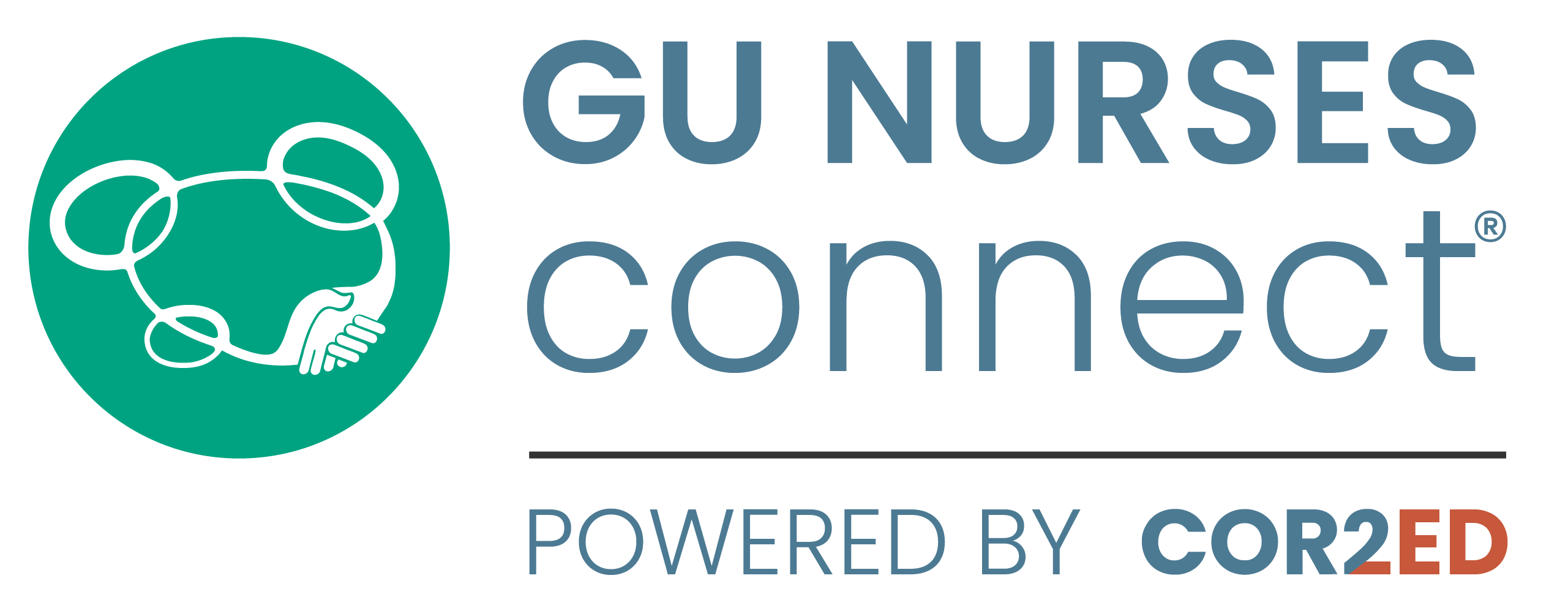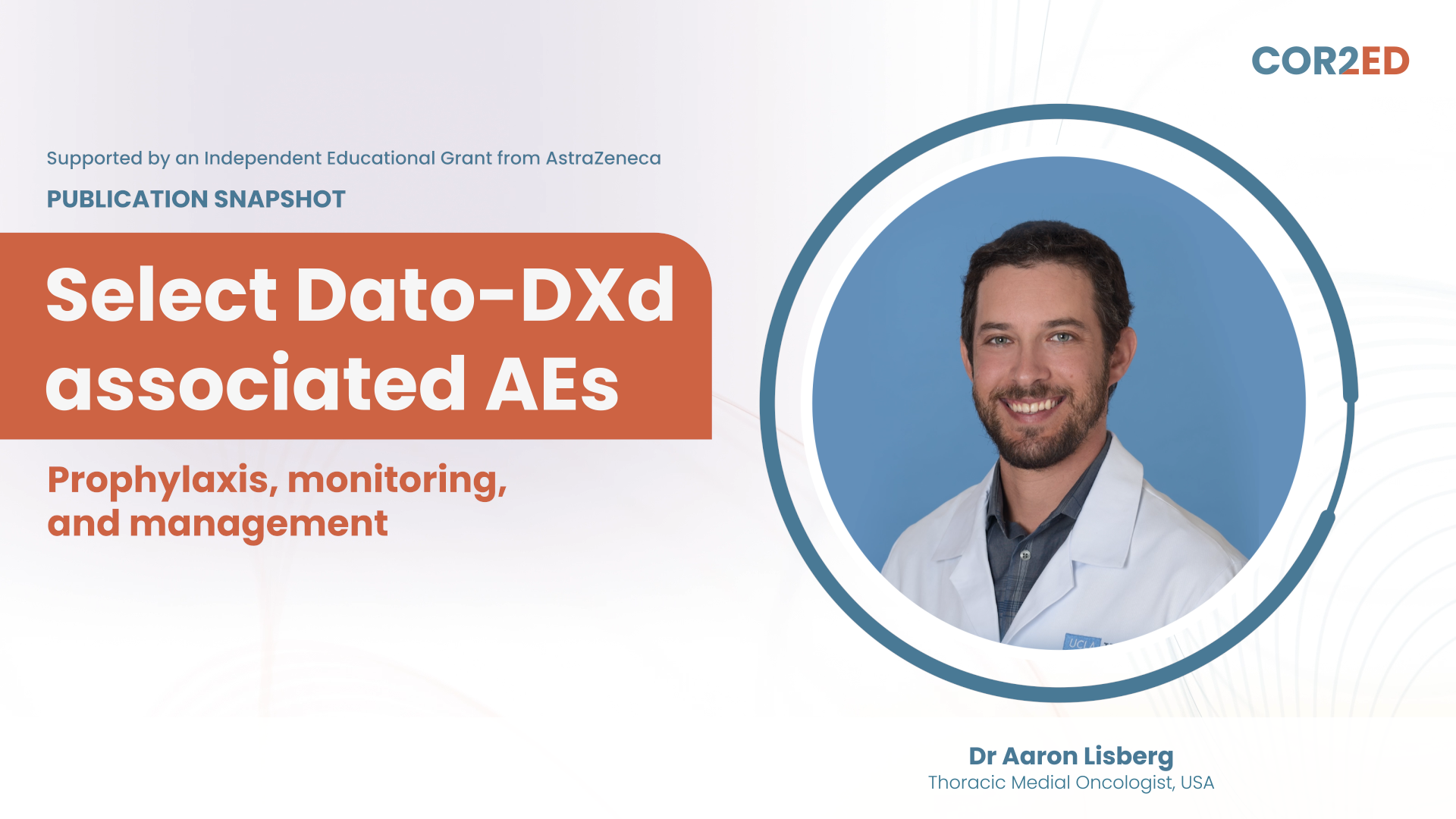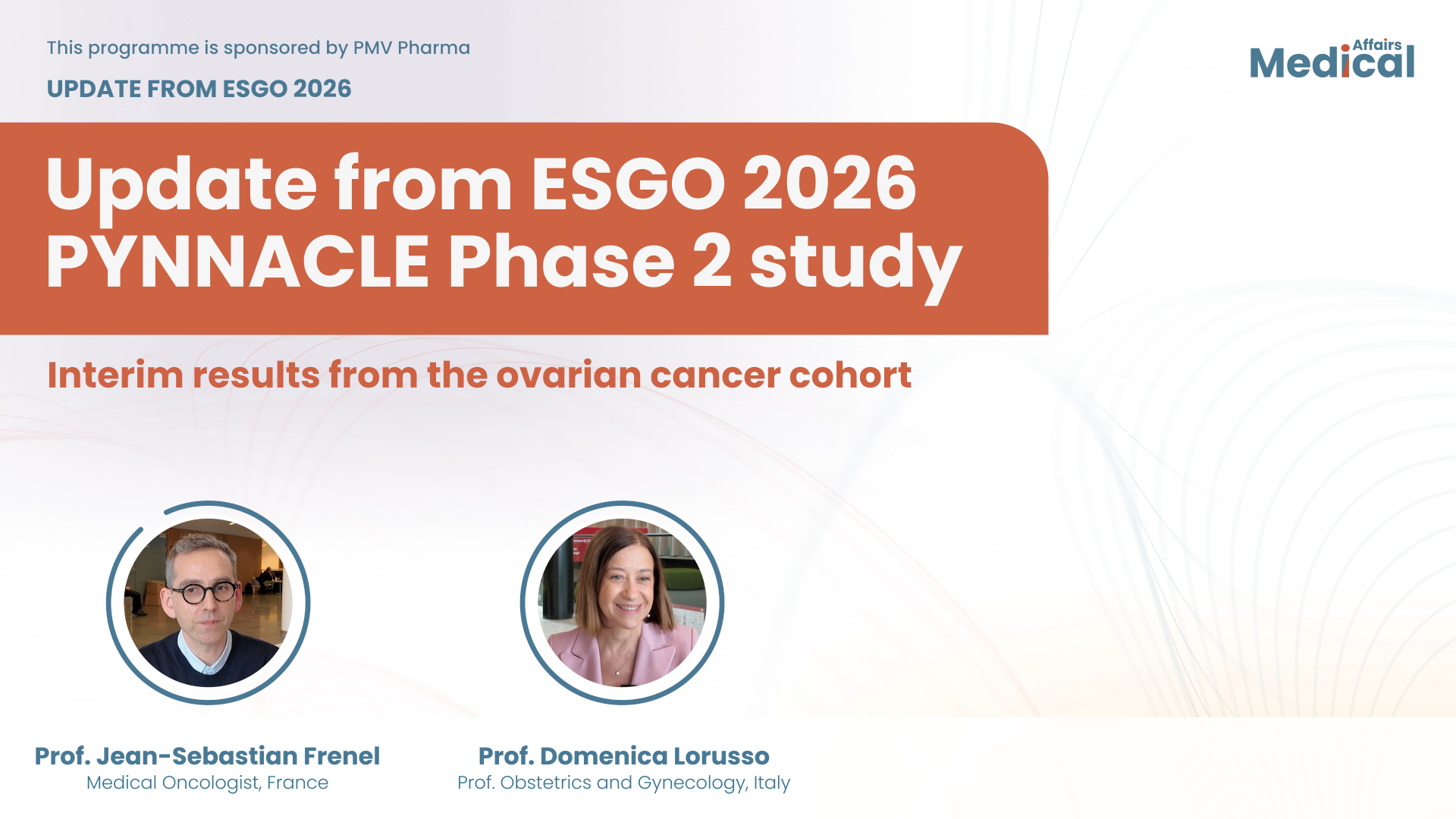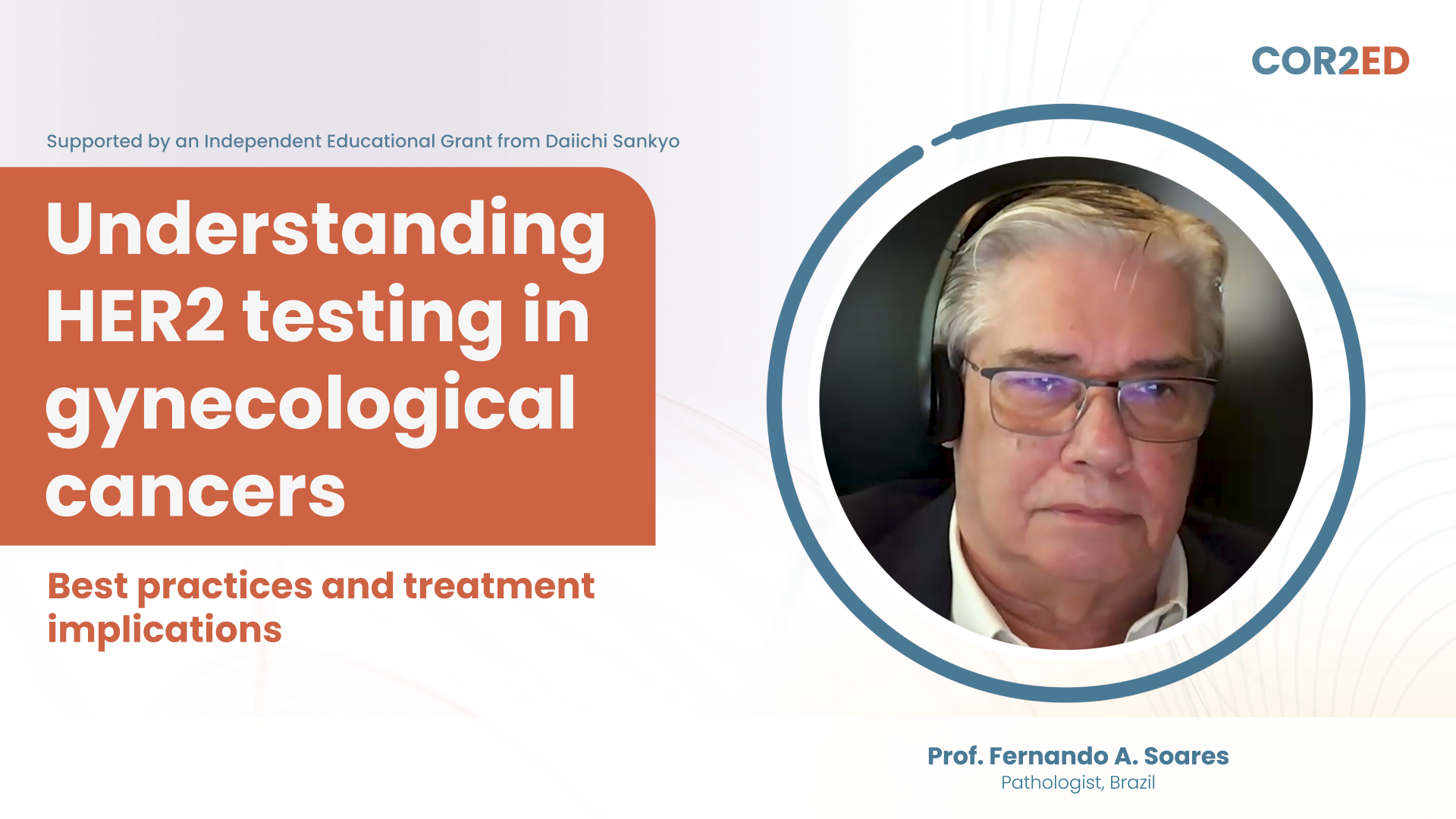Hi I’m Jennifer Sutton and I’m the Director of Nursing and Administration at Carolina Urologic Research Centre in Myrtle Beach, South Carolina.
On behalf of GU Nurses CONNECT I’m going to review safety considerations for next- generation androgen receptor inhibitors, for non-metastatic castration-resistant prostate cancer (nmCRPC) and the role of the nurse.
Non-metastatic CRPC is the earliest form of castration disease and these patients are at significant risk for developing metastatic disease which carries a poor prognosis with shorter overall survival and reduced health-related quality of life.
Non-metastatic CRPC patients are mostly asymptomatic from their disease, so treatment should delay development of metastases as well as maintaining quality of life.
Next-generation oral androgen receptor inhibitors
Since 2018 the treatment landscape of non-metastatic CRPC has changed with the approval of three next-generation oral androgen receptor (AR) inhibitors. These are apalutamide, enzalutamide and darolutamide.
With the availability of new AR targeted options, oncology nurses play a crucial role in the decision-making process, educating and supporting patients with non-metastatic castration-resistant prostate cancer and managing their disease, and ensuring that they receive the most appropriate treatment.
Balancing treatment efficacy against the potential risk of treatment-emergent adverse events is an important clinical consideration. There are eight common treatment-emergent adverse events that nurses should be aware of and these are: fatigue; bone health; cognitive impairment; rash; metabolic changes; cardiovascular changes (including hypertension); hot flashes and sexual health.
While no head-to-head comparisons of apalutamide, enzalutamide and darolutamide have been conducted to date all three have demonstrated comparable efficacy and maintaining quality of life in the SPARTAN, PROSPER and ARAMIS trials.
Since non-metastatic CRPC patients are largely asymptomatic, therapeutic benefits should be balanced against the potential risk of adverse events. Oncology nurses can make a major contribution to successful therapeutic outcomes by educating patients with non-metastatic CRPC on their disease and available treatment options, recognising and managing specific treatment-emergent adverse events and modifying treatment decisions accordingly.
Please take a look at the prepared slides and on behalf of GU Nurses CONNECT thank you for listening and I hope you find this relevant to your practice.





 Downloadable
Downloadable  3 MIN
3 MIN
 Mar 2026
Mar 2026 





